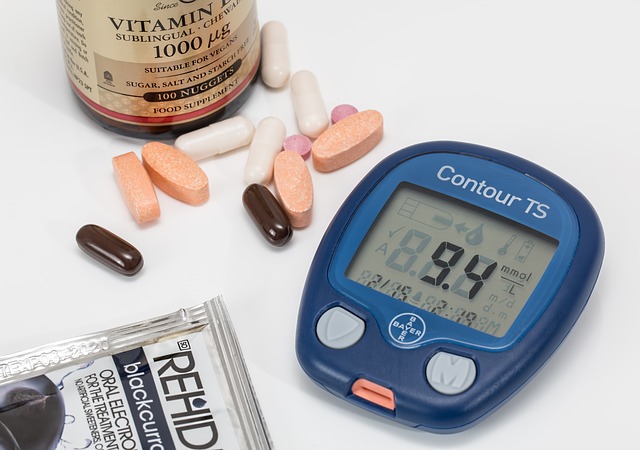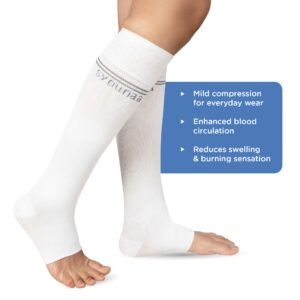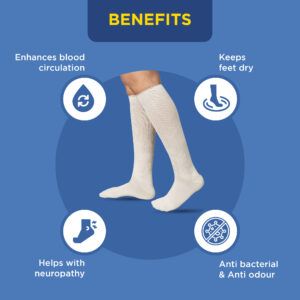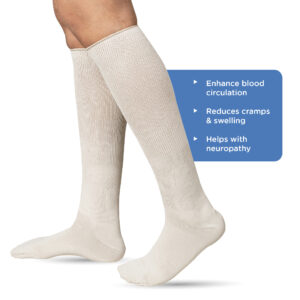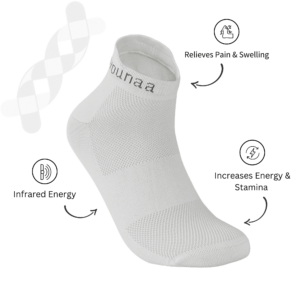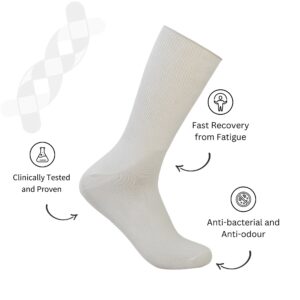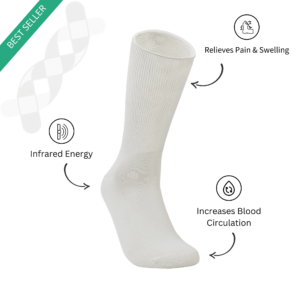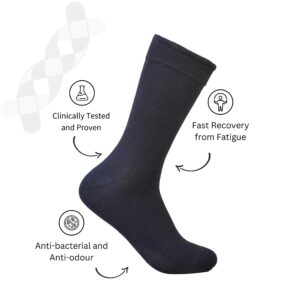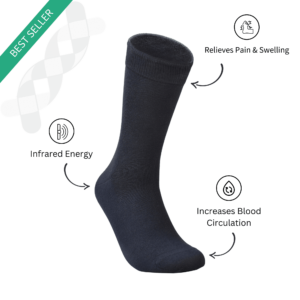Here’s a question many type 2 diabetics have, ‘Is Type 2 Diabetes Curable’. Although there is no apparent cure for type 2 diabetes, studies show that you can reverse it temporarily (or long term) with the steps mentioned below.
Scientists have proved that type 2 diabetics can undergo a remission period where their blood sugar is under control without the help of any medication. By following strict guidelines, some diabetics can go under remission for up to 6 months to 5 years!
Also, keep in mind that it’s easier to be under remission if you:
- Have had diabetes for 5 years or less
- Don’t have other complications with your pancreas
- Don’t drink or smoke
- Are below 40 years
Here are some methods that can help a type 2 diabetic reverse the effects of the condition.
Losing Weight
Earlier, doctors used to believe that once the pancreatic cells can’t regulate sugar anymore, they are gone for good. However, newer studies suggest that when a diabetic person loses weight properly, they tend to lose visceral fat – this includes fat around the liver and the pancreas.
When the liver and pancreas lose the extra amounts of fat around them, they are far more likely to regain some lost functionality and the body can start to produce cells that can regulate sugar more efficiently.
There are many ways to lose weight and all the methods we suggest below must be done with the help of a certified doctor and a nutritionist.
Low-Calorie Liquid Diet
An average man needs 2,000 to 3,000 calories per day and an average woman needs 1,600 to 2,400 calories per day. In this low-calorie liquid diet, doctors may suggest that you have 625 – 850 calories per day mostly in the form of liquids.
Since it is a very extreme diet, you must work closely with your dietician. They may give you alterations based on your progress.
Those who followed through with this plan were able to lose a considerable amount of weight and reverse their diabetes for at least 6 months to a year.
2. Fasting
The effects of fasting are self-explanatory. You fast, you lose weight. This isn’t the primary means of losing weight but research does show that fasting can reverse the effects of diabetes.
In a small scale study on therapeutic fasting, three people followed a diet program where they fasted 3 days a week. They ate only one meal on the days they fasted on and 2 meals on days they didn’t fast.
After doing the program for a few months, all three individuals were able to lose 10% – 18% of their body weight. Within 1-3 weeks of doing the program, all three subjects could ween off their medicines.
Though this method proved effective in a small scale study, it is still very experimental and should be done under the supervision of a medical professional.
3. Bariatric Surgery
Bariatric surgery is not for everyone. Doctors usually approve diabetics for the surgery if their BMI is over 35. Surgeries must never be taken lightly because it involves a lot of expense, post-op care and family support.
Research has shown that those with diabetes for 5 years or less and are not dependent on insulin have had favourable effects after undergoing bariatric surgery.
No one knows why the surgery helps put your body under remission; a popular belief states that bariatric surgery alters the hormones in your gut (some of which is produced by the pancreas). This changes the way your body interacts with blood sugar.
4. Exercise
Exercise may not prove effective in itself but, if it’s done with the right kind of food and proper sleep, it can help reverse the effects of diabetes.
Working out with diabetes is essential whether you want to go into remission or not. Also, remember to wear the right footwear when you are working out because stress injuries can affect your diabetes adversely.
As a general rule if you aim for 10,000 steps a day, 2 and a half hours of moderately intense exercise a week and a low-calorie diet, you can lose adequate weight to put your body in remission.
A dietician can tell you the type of exercise you can do along with a diet tailored to your requirements. We all have different weights and health issues and one diet and exercise regime cannot work for everyone.
Bear in mind that extended periods of cardio may adversely affect your heart health if you aren’t having enough calories throughout the day. So, having a word with your medical practitioner can put you on the right track without hurting your body.
Type 2 diabetes is almost always indicative of poor dietary choices and reversing those habits prove much more difficult for many. But if you are determined, you can have a word with your doctor and see which diet works best for you.
WIth some of the methods mentioned above, you can reverse the effects of type 2 diabetes for good.

